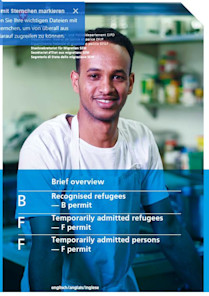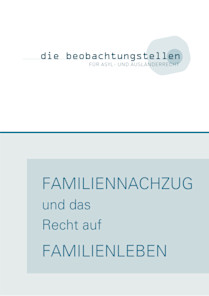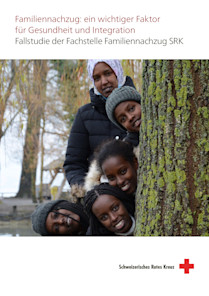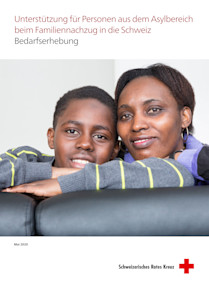asylum-info.ch
On this website from the State Secretariat for Migration SEM, you can find important information on the asylum procedure, the federal asylum centres, life in Switzerland and healthcare. - German [asyl-info.ch](https://asylum-info.ch/de) - French [asile…







